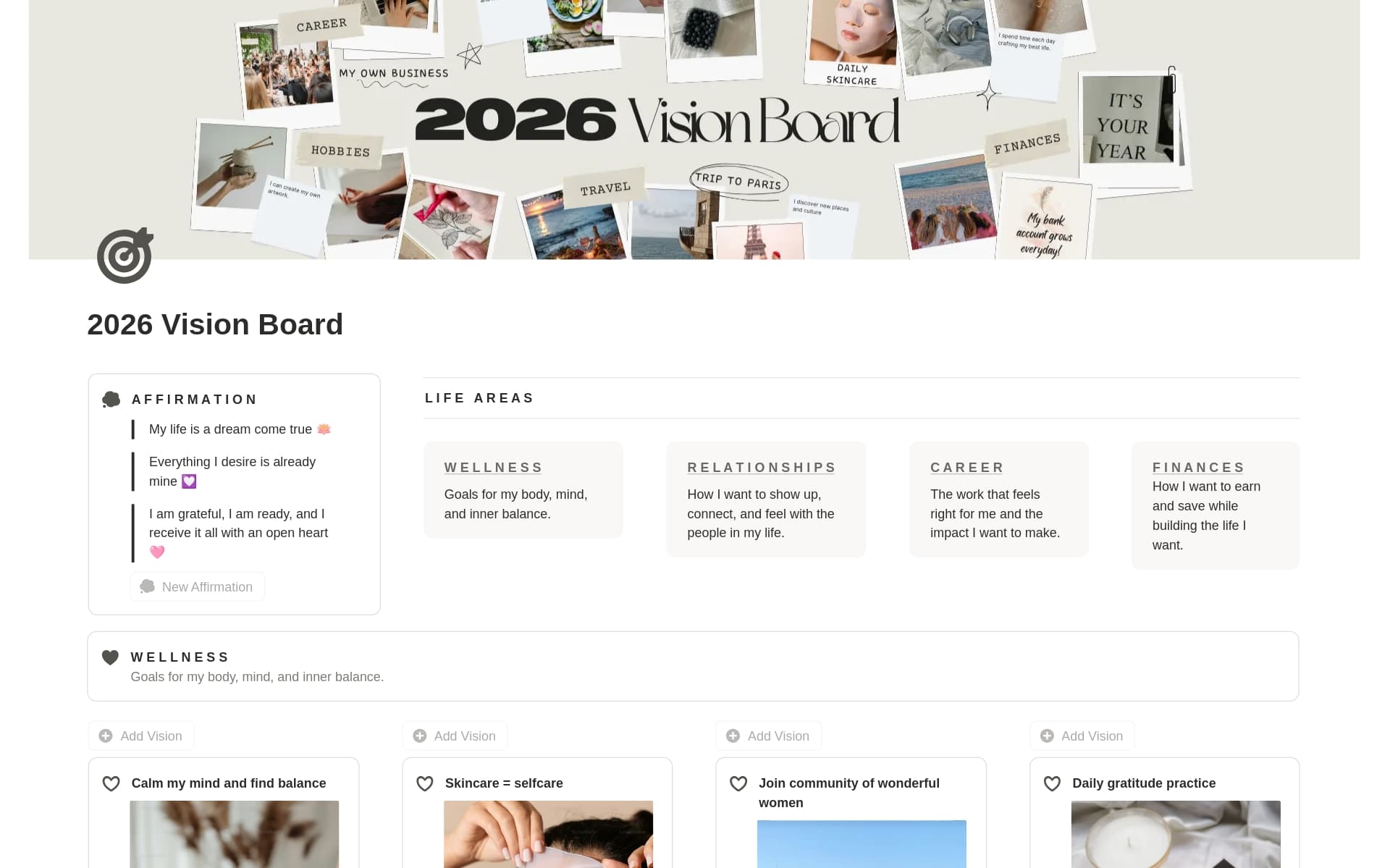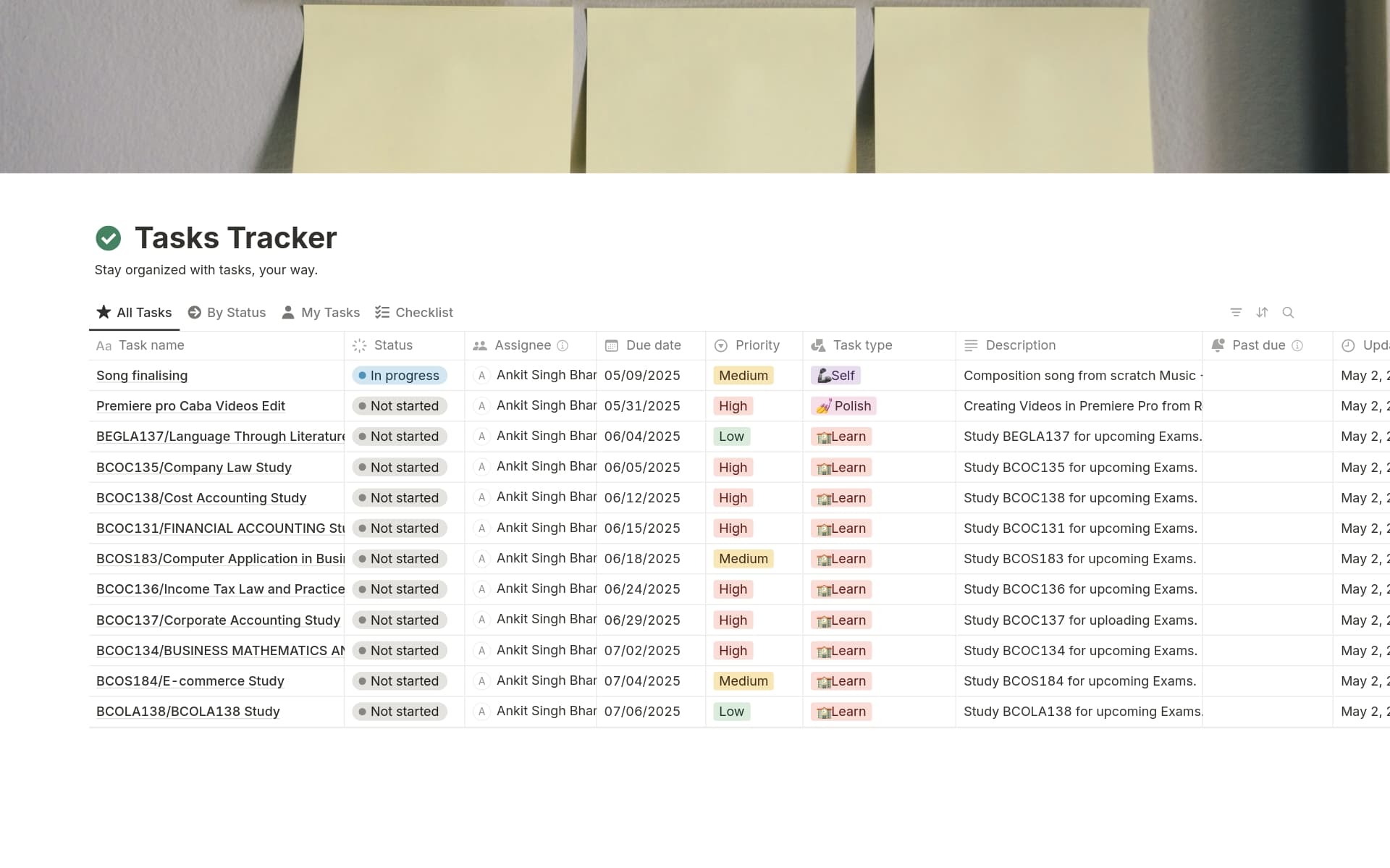Having an Onboarding Checklist is crucial for ensuring a smooth and efficient integration of new team members into an organization. It helps to standardize the process, ensuring that all necessary steps are taken to make new hires feel welcome and to equip them with the tools and information they need to succeed. A Notion Onboarding Checklist template can streamline this process, providing a customizable and interactive platform to track progress and collaborate with others involved in the onboarding process.
Before you get started in creating your own Onboarding Checklist, you should check out these Onboarding Checklist Notion templates below to help make it easier.
What Should Onboarding Checklist Templates Include?
Choosing the right Onboarding Checklist Template in Notion can streamline the process of integrating new team members effectively. Here are key components to look for in a high-quality template:
Comprehensive Tasks: The template should cover all necessary areas such as HR paperwork, training sessions, and role-specific responsibilities to ensure nothing is overlooked.
Clear Milestones and Deadlines: It's important that the template clearly defines when each task should be completed, helping new hires manage their time efficiently.
Resources and Contacts: A good template will include links to necessary documents and contact information for key personnel, which can significantly ease the onboarding process.
Feedback Mechanisms: Look for templates that incorporate opportunities for feedback from the new employee, which can help improve the onboarding process over time.
Selecting a template with these elements will not only provide a smooth onboarding experience but also help new employees feel well-prepared and valued from day one.
What Should Onboarding Checklist Templates Avoid?
Choosing the right onboarding checklist template in Notion can streamline the process of integrating new team members. However, some features can complicate rather than simplify. Here are key elements to steer clear of:
Overly Complex Steps: Templates should not include convoluted processes that confuse new hires rather than guide them. Simplicity is key to effective onboarding.
Generic Content: Avoid templates that are too vague and do not cater to specific roles or departments. Customizability is essential for addressing the unique needs of each position.
Fixed, Non-Editable Sections: Onboarding needs can vary between organizations. A good template should allow easy modifications to fit different company policies and goals.
Remember, the best templates are those that provide clear, role-specific guidance while being flexible enough to adapt to individual organizational needs.




